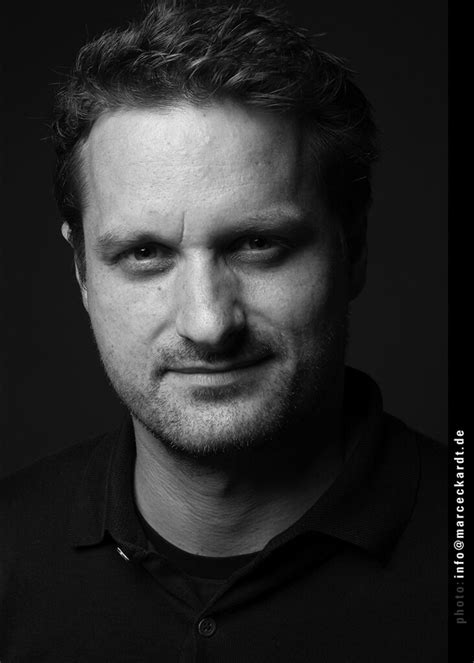A Quote by Rowan Williams
Institutions develop because people put a lot of trust in them, they meet real needs, they represent important aspirations, whether it's monasteries, media, or banks, people begin by trusting these institutions, and gradually the suspicion develops that actually they're working for themselves, not for the community.
Related Quotes
Can you know you can have institutions that put curbs on that in various ways, and actually what the banks, you know, they have various capital ratios and that sort of thing, but the banks got around them, I mean, they set up sieves and that sort of thing just to get more leverage. People love leverage when it's working. I mean, it's so easy to borrow money from a guy at X and put it out at X.
The State is a professional apparatus that sets itself apart from the people and apart from the institutions that the people themselves create. It's a monopoly on violence that manages and institutionalizes social activities. The people are perfectly capable of managing themselves and creating their own institutions.
Financial institutions are not being bailed out as a favor to them or their stockholders. In fact, stockholders have come out worse off after some bailouts. The real point is to avoid a major contraction of credit that could cause major downturns in output and employment, ruining millions of people, far beyond the financial institutions involved. If it was just a question of the financial institutions themselves, they could be left to sink or swim. But it is not.
We all learn in school that the judicial, legislative and executive branches of government must check and balance each other. But other non state institutions must participate in this important system of checks and balances as well. These checking institutions include the academy, the media, religious institutions and NGOs.
The biggest issue for me is whether large numbers of Americans can begin to think that government can actually help make the country a fairer place. And that's partly a matter of policies that achieve results in terms of reducing inequality and raising middle-class and working-class incomes, which have been flat for decades. But it's also symbolic and rhetorical, it's whether Hillary Clinton can - or whoever's president - can persuade Americans that it's happening and that they can begin to trust their elected officials a little bit more and their institutions of government a little bit more.
We believe in a free Europe, not a standardised Europe. Diminish that variety within the member states, and you impoverish the whole Community. We insist that the institutions of the European Community are managed so that they increase the liberty of the individual throughout the continent. These institutions must not be permitted to dwindle into bureaucracy. Whenever they fail to enlarge freedom the institutions should be criticised and the balance restored.
I think more and more foundations are putting resources into food activism. But I think that given the state of the economy, foundations won't be giving as much in general. For me it's about working with these existing institutions in communities that people already go to, that people trust, that they know, and determining how best they can play a role in the creation of local food systems and address the ills that are right around them in the community.
I felt like I was an outsider. I think what happened to me made me develop this street sense of watching people and working out what made them tick, wondering whether I could trust them or not. I went to a lot of schools along the coast in California, made few friends and stayed with aunts, uncles and grandparents while my folks tried to make ends meet. It was tough. We had no money.






































